With the reduced claims volume in 2024 and early 2025, the percentage of shops charging customers some amount beyond their deductible to cover “short-pays” by insurers has slipped this year – but only modestly. Among about 300 shops responding to CRASH Network’s survey in June, about 26% say they “routinely” or “almost always” charge customers what are sometimes referred to as “co pays.” That’s down 3 percentage points compared to the survey’s findings in 2023 and 2024 – though that’s certainly within the survey’s margin of error. There were also more shops this year, saying they “never” charge a co-pay. But with the overall findings this year lining up pretty closely to what shops said in 2023, it could mean last year’s apparent uptick in the prevalence of co-pays was not an ongoing trend. Still, it is a common practice in about 1 in 4 shops.
As they concluded a presentation at the Collision Industry Conference (CIC) on cybersecurity, Aleks Pavlinik and Allan Polak of StoredTech put a QR code on the screen that people could use to get more information. The catch: The 22 people at CIC who scanned it were sent to a page that says, “Ooops, you scanned a QR code phishing test.” QR codes are a relatively new vulnerability, Polak said. “Threat actors are using them,” he said. “They’re posting them at popular events. People are clicking on them. USB drives or sticks are being dropped in a parking lot. They can be used for all kinds of cyberattacks. I worked with a restaurant that had three locations. One employee picked up a flash drive and put it into a computer. It took out the entire restaurant chain just in the course of a couple of hours.” It’s a good reminder that all employees should have some basic cybersecurity training, he said. Side Note: Stay tuned for an NWACA collision Lunch & Learn on cybersecurity.
Hyundai recently announced it updated its official position statement to require both pre- and post-repair system scanning as part of a proper and complete repair. In the position statement, the word “recommended” was replaced with “required” to ensure quality repairs, said John Brown, senior manager of Hyundai’s wholesale parts sales operations. “We understand the difference in just that one change in verbiage,” Brown said. “Hyundai jumped right on this. It wasn’t something that took months and months. The company realized how important it was to act as quickly as possible when it was brought to their attention.” Brown said the change emphasizes the value of pre- and post-repair system scans, helping shops have clearer conversations about why they are needed.




